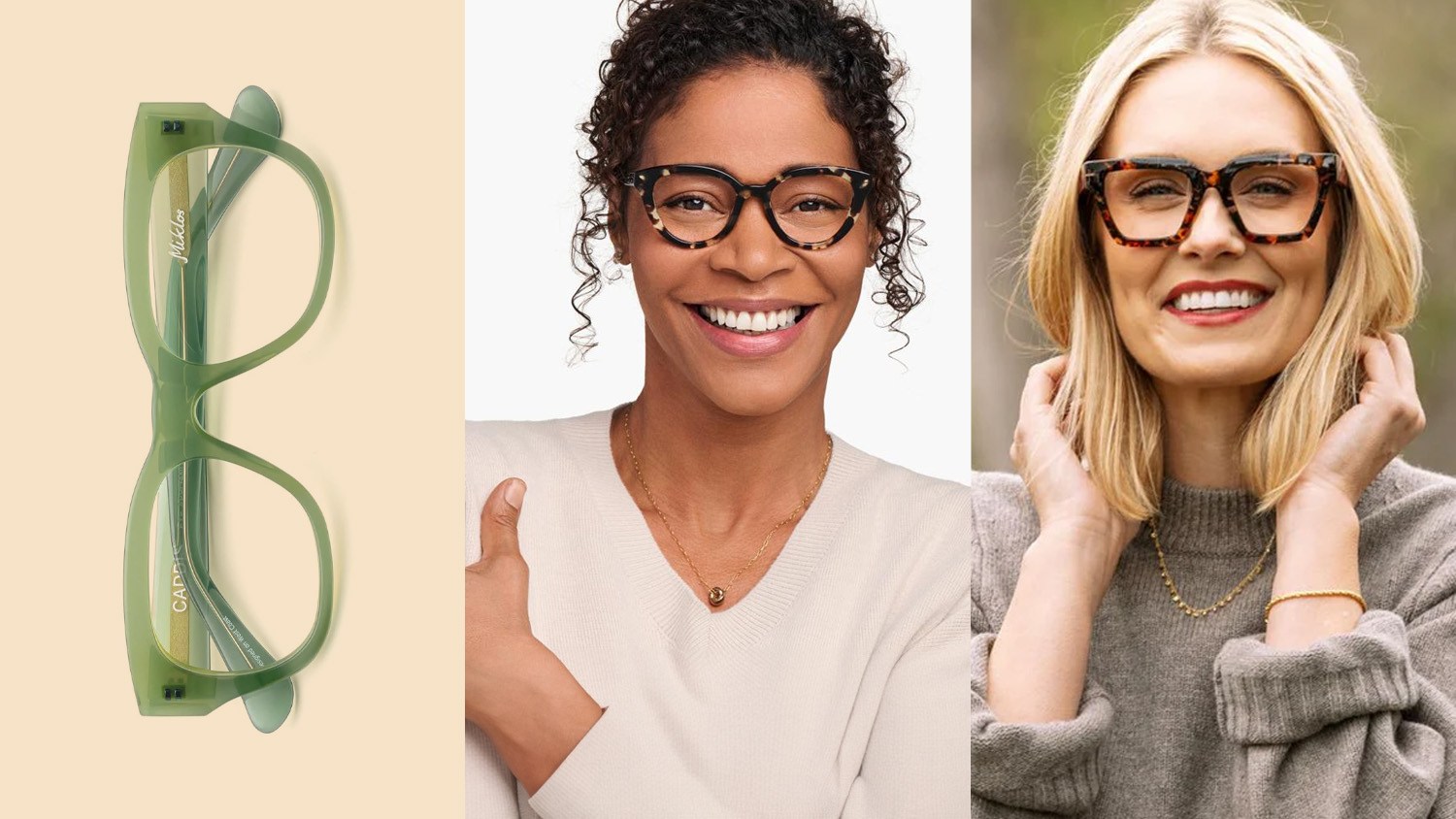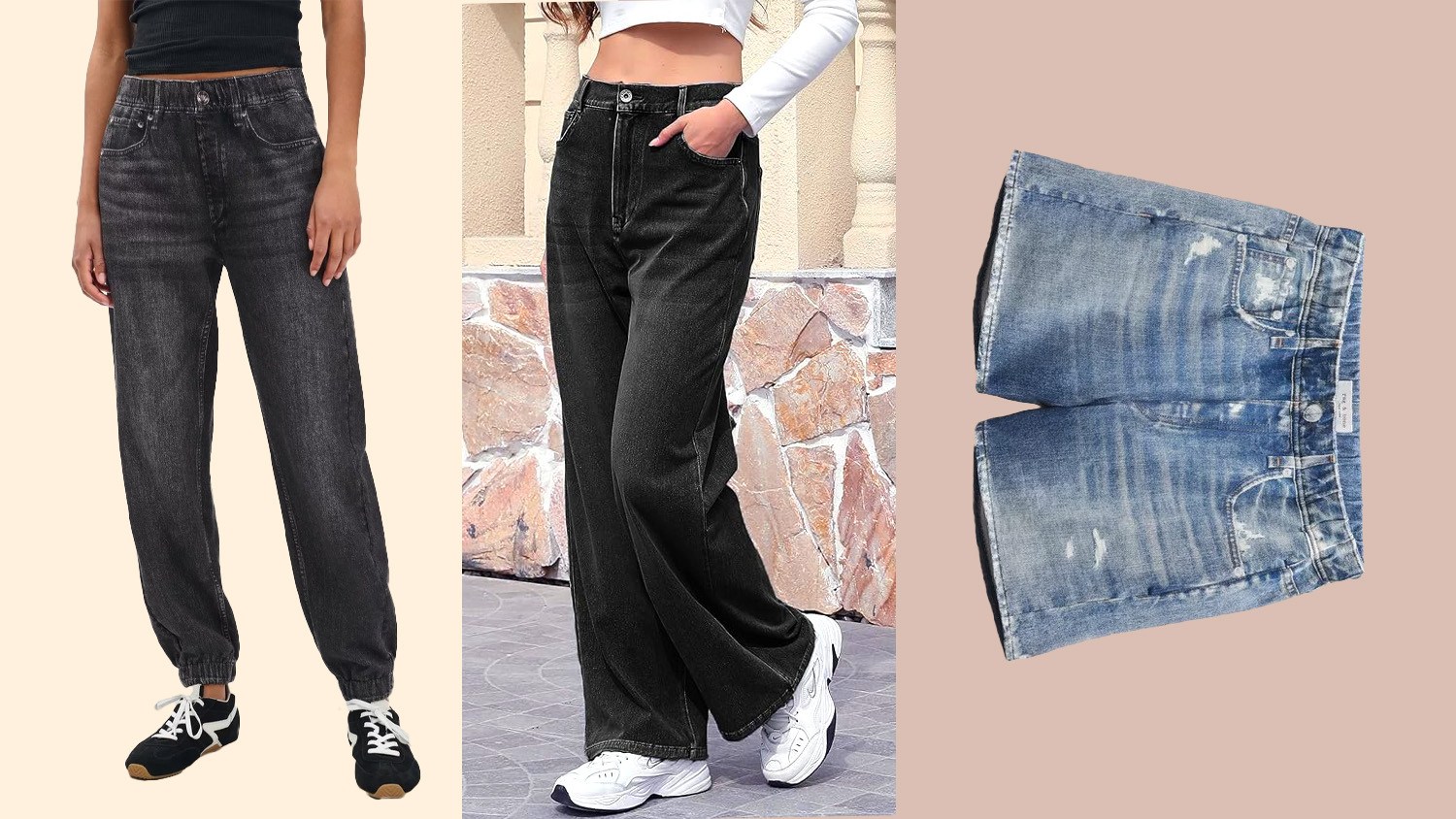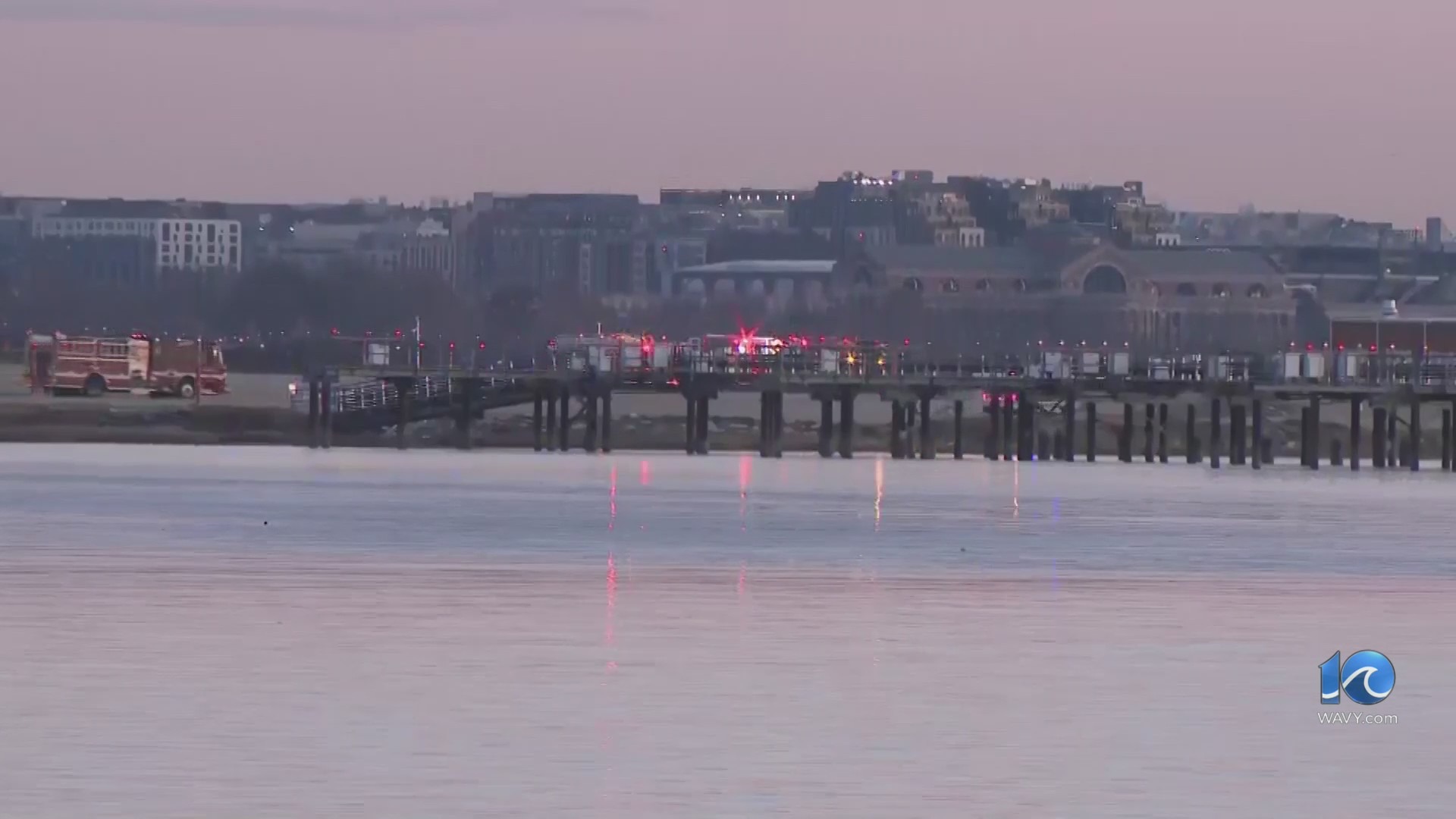NORFOLK, Va. (WAVY) — As kids head back to school, there’s a list of vaccines they must have.
In Virginia, the HPV shot is not one of them, but pediatricians highly recommend it as the only vaccine that offers protection from cancer.
“As a pediatrician, it is so much better for me to prevent cancer than to treat cancer,” said CHKD pediatrician and Fortify Children’s Health executive director Dr. Suzanne Brixey.
A new report from the CDC shows teens overall are not up-to-date with the HPV vaccine. Immunizations for this cancer-preventing vaccine stalled in 2023 for the second year in a row since the pandemic.
HPV is short for human papilloma virus and is linked to at least six types of cancers, including head and neck cancer, cervical cancer and anal cancer.
“I often share with my families, if we had a vaccine this safe that would protect you against lung cancer, would your answer be different,” Brixey said.
Brixey believes there’s been a lot of misinformation about the safety of vaccines as a result of the pandemic.
The HPV vaccine has been given hundreds of thousands of times since 2006 and has been found to be safe in many studies.
Brixey encourages parents to talk about their concerns with their child’s pediatrician — and the sooner the better.
“We actually know that you’ll make more antibodies and have a stronger duration the earlier we vaccinate kids, so [it’s] really important,” she said.
Three out of every four people between the ages of 15 and 24 are exposed to HPV through intimate contact or skin-to-skin contact, but studies show being immunized is not linked to an earlier start of sexual activity.
“When we give a child their tetanus vaccine to keep them safe from stepping on a rusty nail, they are not more likely to jump on a rusty nail as a result,” Brixey said.
The vaccine has been tied to a big drop cervical cancer cases.
Since it was widely introduced 16 years ago, cervical cancer rates have been reduced by almost 90% in women in their 20s who received the vaccine as children.
The American Cancer Society has a goal to reach an annual vaccination rate of 80% of 13-year-olds in the United States by 2026.












